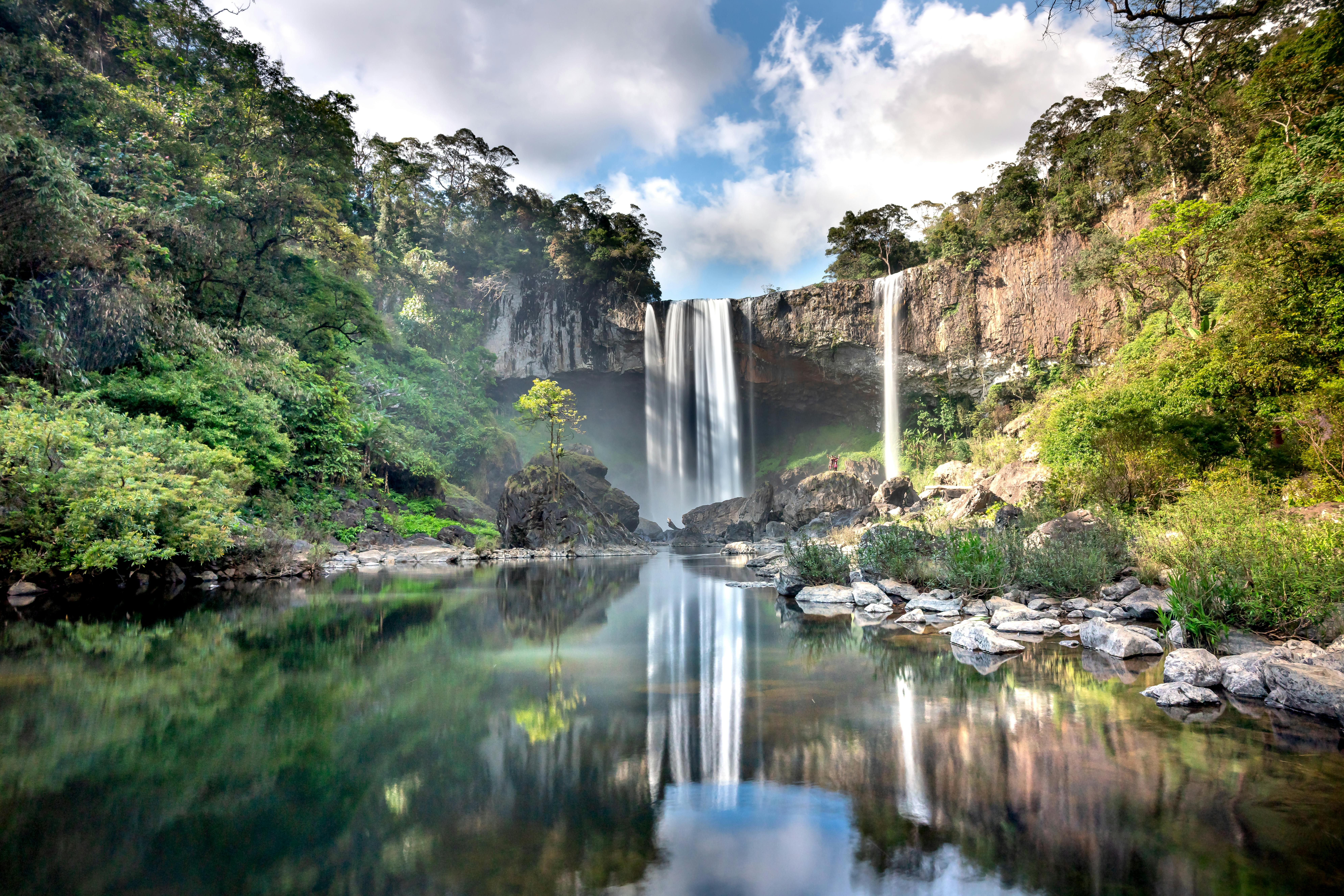Your curious mind might be wondering what holistic freshwater resources restoration techniques are and how significant they are. Now, let us take a deep plunge into these sustainable techniques, your go-to place to understand the preservation of our precious freshwater ecosystems. Remember, 68.7% of our earth’s freshwater resources are trapped in glaciers, and only 30.1% is secluded as groundwater. A mere percentage, about 0.3% is available in lakes, rivers, and swamps but is being incessantly polluted or depleted.
Your Role in Water Conservation
Playing a major role in water conservation lies in your hands. Efficient use of water in daily activities, including shorter showers and turning off taps when not in use, can significantly reduce water waste. Your efforts could indeed make a drastic impact on this global crisis!
Sustainable Agriculture Practices
Adopting sustainable agricultural practices minimizes the excessive consumption and pollution of water resources. Techniques like drip irrigation and organic farming promote the optimal utilization of water while also ensuring that toxic chemicals do not seep into our land and water bodies.
The Art of Rainwater Harvesting
Rainwater harvesting acts as an excellent option for both freshwater demands and grounding recharging. By utilizing roof-based collection systems or instituting small-scale dams, you help ensure that every raindrop serves a purpose.
Implementing Wastewater Treatment
Implementation of wastewater treatment is another holistic approach toward protecting our freshwater resources. Solid contaminant removal, biological treatment stages followed by chemical treatments yield reusable pure water from residential and industrial wastewaters.
The Benefits of Creating Awareness
Creation of awareness about the importance of freshwater conservation to your community can greatly impact the local water consumption habits and facilitate a collective care for shared water resources. Start by virtually organizing seminars, writing blogs, or simply talking about it to your friends and family.
Evolving Government Laws
By advocating for stricter government laws regarding freshwater protection, your voice can contribute towards better regulation of water resource management. Monitoring and putting a stop to illegal dumping of pollutants into rivers or groundwater can render significant improvement of freshwater purity.
The Rise of Corporate Social Responsibility
Corporate Social Responsibility (CSR) guidelines today not only encourage but mandate business giants to operate in an eco-friendly manner. Such ethical corporate practices go a long way in reducing industrial pollution of our freshwater resources.
Adopting Technology For Conservation
Adoption of new-age technology can aid you in managing your household water usage efficiently. Auditing devices, motion sensor faucets or smart irrigation systems are some tech innovations that can conserve water remarkably.
Educating The Next Generation
Achieving long-term goals requires you to include the younger generation in this endeavor. Educate children about the importance of water conservation and instill sustainable habits early on. Their enthusiasm combined with proper knowledge can immensely help this cause.
Harnessing Aquatic Plants Cleaning Capabilities
Aquatic plants like Duckweed or Water hyacinth have excellent natural filtration properties. Encourage their growth in polluted ponds and see how effectively these humble flora members cleanse the contaminated waters!
Fostering River Restoration Techniques
River restoration techniques such as riverbank stabilization or gravel augmentation play a crucial role in maintaining the health and flow stability of rivers. These methods contribute significantly towards preserving our vital river ecosystems.
Promoting the Activity of Cleanups
Organizing local water body clean-up activities can immensely improve the health of your surrounding freshwater resources. By getting hands-on, you drastically reduce litter and harmful pollutants that choke our water streams.
Appreciating The Efforts of NGOs
Non-Government Organizations (NGOs) work tirelessly to save our precious freshwater assets. They rely on public support for effectively carrying out large-scale projects. Your active participation or donations play an integral part in their success.
Recycling and Upcycling
Implementing recycling and upcycling habits in your daily life contributes effectively to reducing pollution. Products that are reused or recycled not only decrease landfill but also potentially poisonous runoff into our freshwater resources.
Action Afterthoughts
You have dived deep into the sea of knowledge on holistic freshwater restoration techniques. Armed with this awareness, you find yourself capable of making necessary changes to conserve, recycle, renew and protect our invaluable freshwater resources.” Always remember every drops matters, so be the change you wish to see!
